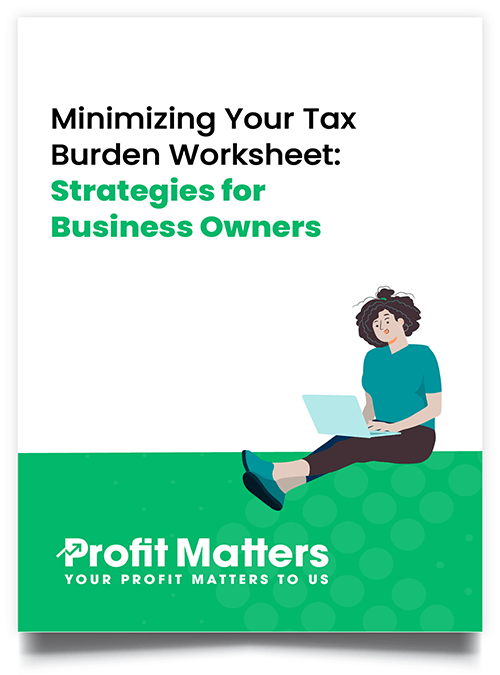You likely have heard the term robbing Peter to pay Paul. What you probably don’t know is that process (the robbing one) is called cash-flow and it affects just about everything you do in life and business.
Cash-flow is the movement of money in and out of your business or personal life. It’s what you earn, spend, save and invest. The goal is to have more cash coming in than going out. Managing your cash-flow is critical to your success.
There are a number of factors that affect your cash-flow, including how much money you make, how much you spend and when you receive your income and expenses.
Cash-flow is especially important for small businesses, which often have a tight cash-flow. This means they need to be very careful with their money and plan for short-term and long-term cash needs.
There are a number of ways to improve your cash-flow, including:
1) Improving your sales and revenue streams – also called top-line.
2) Cutting costs and expenses aka bottomline
3) Increasing your cash reserves so you can better weather the peaks and valleys of money going out and coming in.
4) Planning and budgeting for your cash-flow needs.
5) Seeking outside financing to help bridge the gap between income and expenses.
6) Managing your accounting payable and receivables wisely
Cash-flow is one of the most important aspects of any business or personal financial planning. By understanding and managing your cash-flow, you can improve your overall financial picture and reach your financial goals.
If you need help managing yours then you need the help of an accountant or CFO. All services many small businesses can’t afford to hire so in lieu of a full-time person smart businesses hire an outsourced accounting firm like Profit Matters. Experts in finance and accounting, a team with deep experience in setting up, running and selling businesses.



